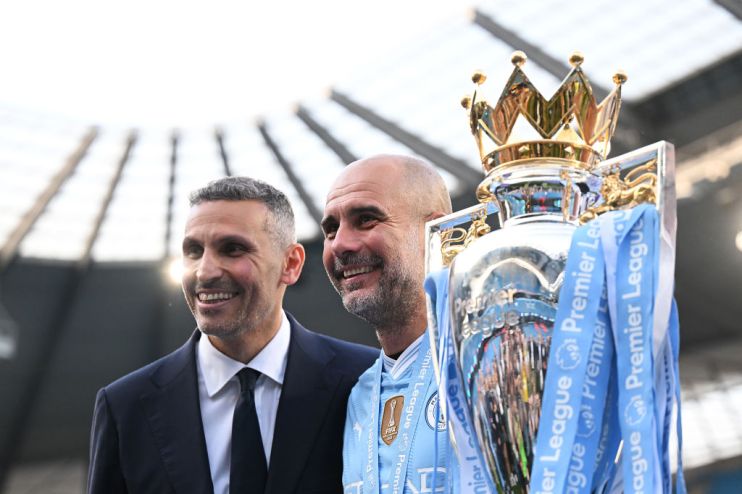European football at ‘inflection point’ over regulation amid spending rows, says Deloitte

European football needs to create a unified culture around regulation if it is to continue to grow, sport business experts have warned.
The European football market grew 16 per cent to €35.3bn (£30.7bn) in 2022-23, when revenue in the Premier League topped £6bn for the first time, according to Deloitte’s Annual Review of Football Finance, published today.
But top clubs are divided – and some at loggerheads with leagues – over the extent of regulation, among them English champions Manchester City.
It has brought the European game to “an inflection point”, said Tim Bridge, lead partner in Deloitte’s Sport Business Group.
Added knowledge and insight lead Jenny Haskel: “Appropriate regulation in this case is something that we’ve always been an advocate for.
“In terms of an inflection point, there is a lot of conversation around regulations. And so when we think about appropriate regulation, it has to do with unifying stakeholders and making sure that appropriate regulation is driven by an ambitious long-term strategy.
“It shouldn’t just be regulation for regulation’s sake, [but] aligned to a long-term strategy. So as we’re starting to see different leagues, different clubs, work with different regulations, we’re going to have to see stakeholders align and work together to form a more unified culture around regulation.”
The Premier League is considering adopting a hard spending cap dubbed “anchoring”, whereby the budget of top clubs is linked to a multiple of the poorest’s income.
Manchester City and Sir Jim Ratcliffe’s Manchester United have opposed the change, while the former is engaged in two legal battles with the league over spending.
In addition, English football is set to get an independent regulator following next month’s general election, a move Ratcliffe has predicted “won’t be good”.
“While there is going to be the introduction of an independent regulator, the long term goal is to build a positive future for the sport,” Haskel said.
“Now we need to make sure that stakeholders are aligned on how to get there and what the proper regulation should be.”
While Premier League revenue reached a record £6.1bn, wage costs grew 10 per cent to surpass £4bn for the first time and pre-tax losses increased by 14 per cent to £685m.
Net debt of clubs also rose from £2.7bn to £3.1bn, largely driven by funding for infrastructure projects.
